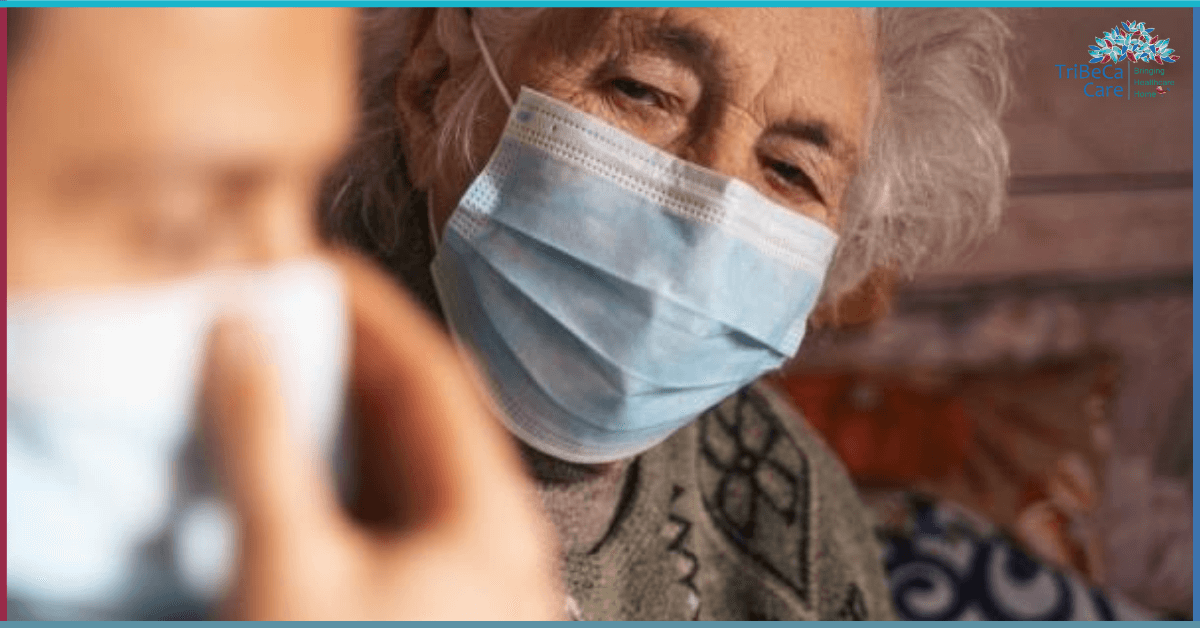Home Isolation is no more new to anyone. The ongoing pandemic has left a worry mark on the face of the general public. As the cases continue to intensify day after day, the public health officials have laid out some ground rules for home isolation. Why? The answer is to limit the spread of the virus.
The outbreak of novel coronavirus has indeed brought a wave of change in the health industry. Many practices are seeing the light of the day. Right from social distancing to home isolation, the Center for Disease Control and Prevention is taking major steps to minimize the risk of virus transmission.
How to practice home isolation without affecting others?
When the first symptoms of COVID-19 were discovered, social distancing measures were brought forth. While the above-method has proven successful, what happens when one of the family members tests positive for the virus? It is here when home isolation comes into play.
Home isolation is nothing but the process of caring at home. The sick person is isolated and allotted a room separately so that the spread of the virus can be curbed. While the method is beneficial, there are some important points to remember, while practising the same.
-
Keep the affected person in containment:
The only way to stop the spreads of coronavirus is by keeping the affected person in containment. Start by allocating a separate room to the patient with an attached washroom. You can also assign a health family member as a caregiver. Make sure that the patient is following the doctor’s order properly, and taking medications on time. All this while you should also monitor the symptoms for fever daily and should refrain from making any unnecessary physical contact. Also, check for good ventilation in the shared spaces.
-
Protection is mandatory:
Whatever may be the situation, a face mask is a must for both patient and the caregiver. Make sure that the patient has his/her mask on while the caregiver is in the room. If for any reason, the patient cannot wear the mask, then the caregiver should spot a disposable facemask that shall be discarded after leaving the room.
The caregiver shall also have a pair of disposable gloves with them if they have to touch the patient or their fluids, for extra precaution.
-
Sharing is not caring
To contain the spread of the virus, refrain from sharing any household item with the patient. The items such as bedding, utensils, towels, and dishes, shall be washed thoroughly after use. Also, make it a daily habit to scrub and clean surfaces like countertops, phones, keyboards, and tablets.
Other measures to be taken:
- Avoid having any unnecessary visitors to your home.
- Caregivers shall also stay at home.
- Clean the area around the person who is sick more often.
- Avoid shaking the dirty laundry.
- Use warm water to wash off the clothes of the ill person.
- Keep track of your health.
How Tribeca Care is helping people during a pandemic?
Tribeca Care has kept a 24×7 emergency Healthline open for the functioning of ambulance and care managers during this pandemic. The eldercare platform with its special set of initiatives has become an example of providing utmost care to the seniors even during these uncertain times.
Conclusion:
Home Isolation is one of the best ways of keeping tabs on your health if affected by COVID-19. Therefore, make sure to incorporate the above steps carefully and stay safe until you recover fully.

